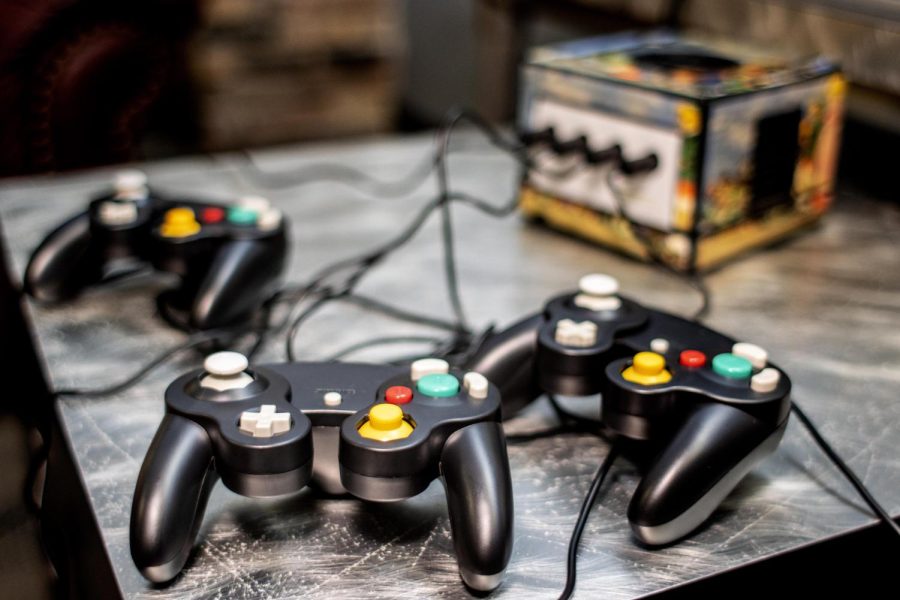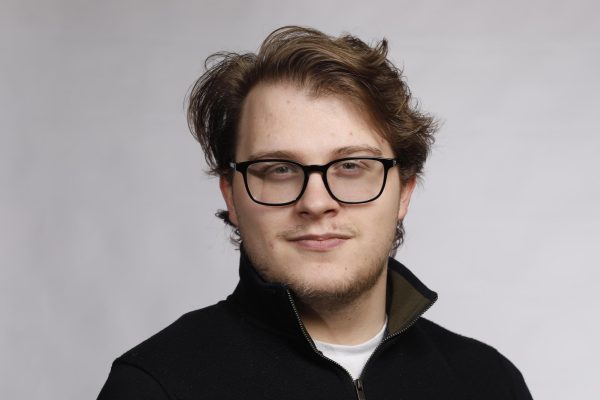Disabled Eastern student develops high school history curriculum
Charles “Chuck” Clabaugh, a freshman interdisciplinary studies major, presents his research on the lesser-known history of the Ku Klux Klan in Central Illinois called the “Unspoken History of the KKK’s second wave in Central Illinois: How Nostalgia is an Illusion” in Buzzard Hall Monday afternoon. Clabaugh is a disabled non-tradional student who had a stroke when he was 35. Now 46, Clabaugh is in his second semester at EIU and is working on developing social studies curriculum for Urbana High School. “I didn’t know what I was going to do when I came back to school,” Clabaugh said. “I just know that I kind of wanted to give back to the community that has taken care of me.”
March 28, 2022
An Eastern student and professor are developing a curriculum to teach local history for secondary education schools.
Undergraduate student Charles “Chuck” Clabaugh, a freshman interdisciplinary studies major, and Professor Jay Bickford, who has a doctorate in social studies education, are attempting to insert local history into the social studies curriculum, starting at Urbana High School.
“I just want to give back and show the kids what happens when we don’t talk about [discrimination],” Clabaugh said.
Clabaugh is a non-traditional student who is disabled and uses a wheelchair due to a stroke he had when he was 35.
“I didn’t know what I was going to do when I came back to school,” Clabaugh said. “I just know that I kind of wanted to give back to the community that has taken care of me.”
Now that he is 46 and has been in college for several months, Clabaugh has found something he wants to do.
“I found out I don’t have to be a doctor to do good research,” Clabaugh said.
The duo started investigating the lesser-known history of the Ku Klux Klan in Central Illinois.
“We are implementing a curriculum to just teach the students about racism,” Clabaugh said. “The point of my project is to show that nostalgia is an illusion when you think about it.”
Bickford said he hopes the youth start asking questions about times before them.
“I want Urbana High School students to start thinking critically and historically about where they live and its place and time,” Bickford said.
Bickford said that this information isn’t hard to dig up; all people must do is go to their local library.
Clabaugh said he did most of his research through books he found and the University of Illinois Urbana-Champaign Archive.
Before Clabaugh had a stroke, he was a welder and worked with his hands.
His life changed drastically after he had the stroke.
“When it comes to the transition, I used to work with my hands in a blue-collar job,” Clabaugh said. “It was a hard transition, very frustrating, but you have to get over it and eventually do something good from it.”
Clabaugh said during the first five months of his recovery, he couldn’t move any part of his body and could only open his eyes.
Clabaugh said that when most people retire, their families know when their last day is. For him, it was sudden.
“I went to bed and woke up as a guy who could build things and weld to someone who couldn’t pick my head up off the pillow,” Clabaugh said.
Clabaugh lives independently, can drive a car and still hunt.
Clabaugh’s stepmom, Polly Clabaugh, and dad, Gregg Clabaugh, said that at home, they sit around the dinner table and talk about his research.
“The conversations around the kitchen table are getting more and more detailed,” Polly said.
“He’s still living, virtually, a full life,” Polly said. “The idea of him going back to school was a great opportunity for him, and he was constantly researching his own interests; being able to do it in a more formal setting is just ideal for him.”
Rob Le Cates can be reached at 581-2812 or at rllecates@eiu.edu.

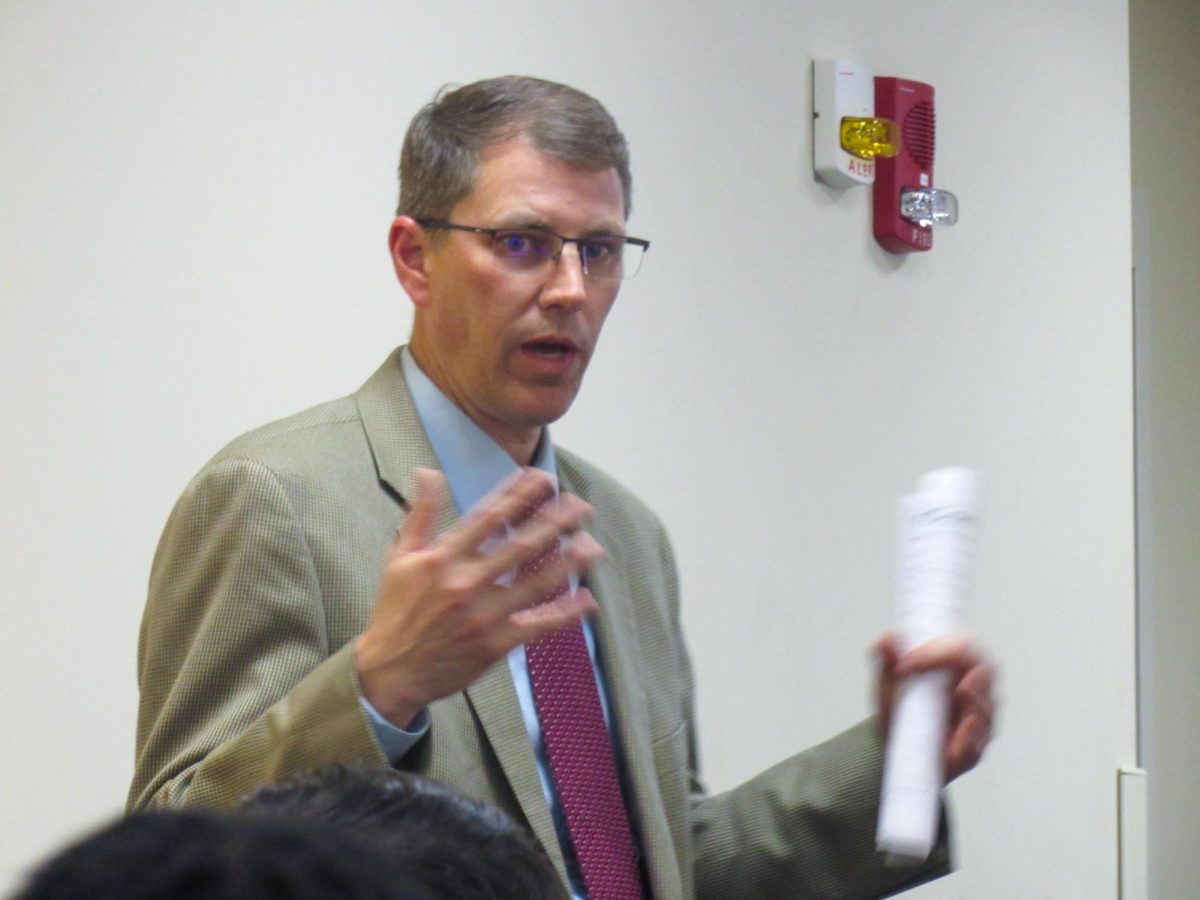
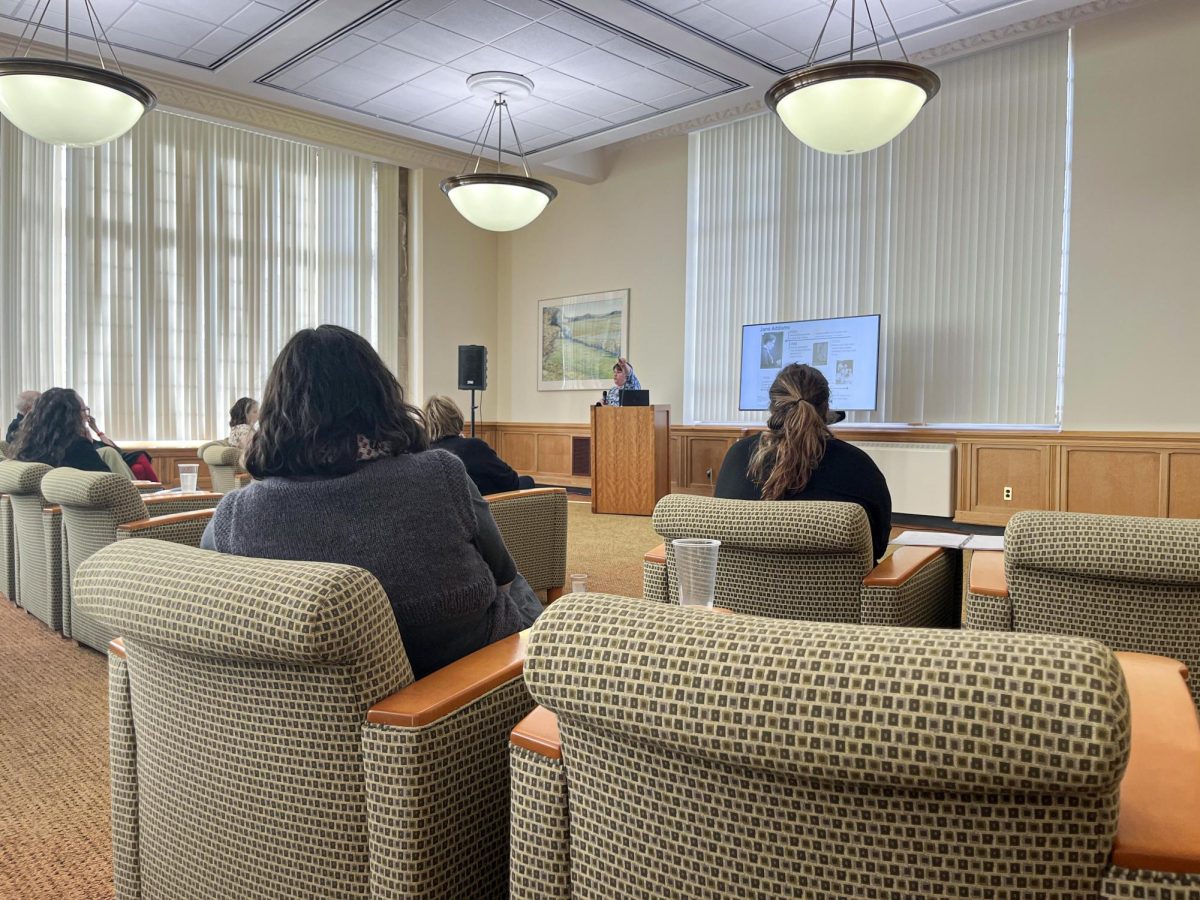


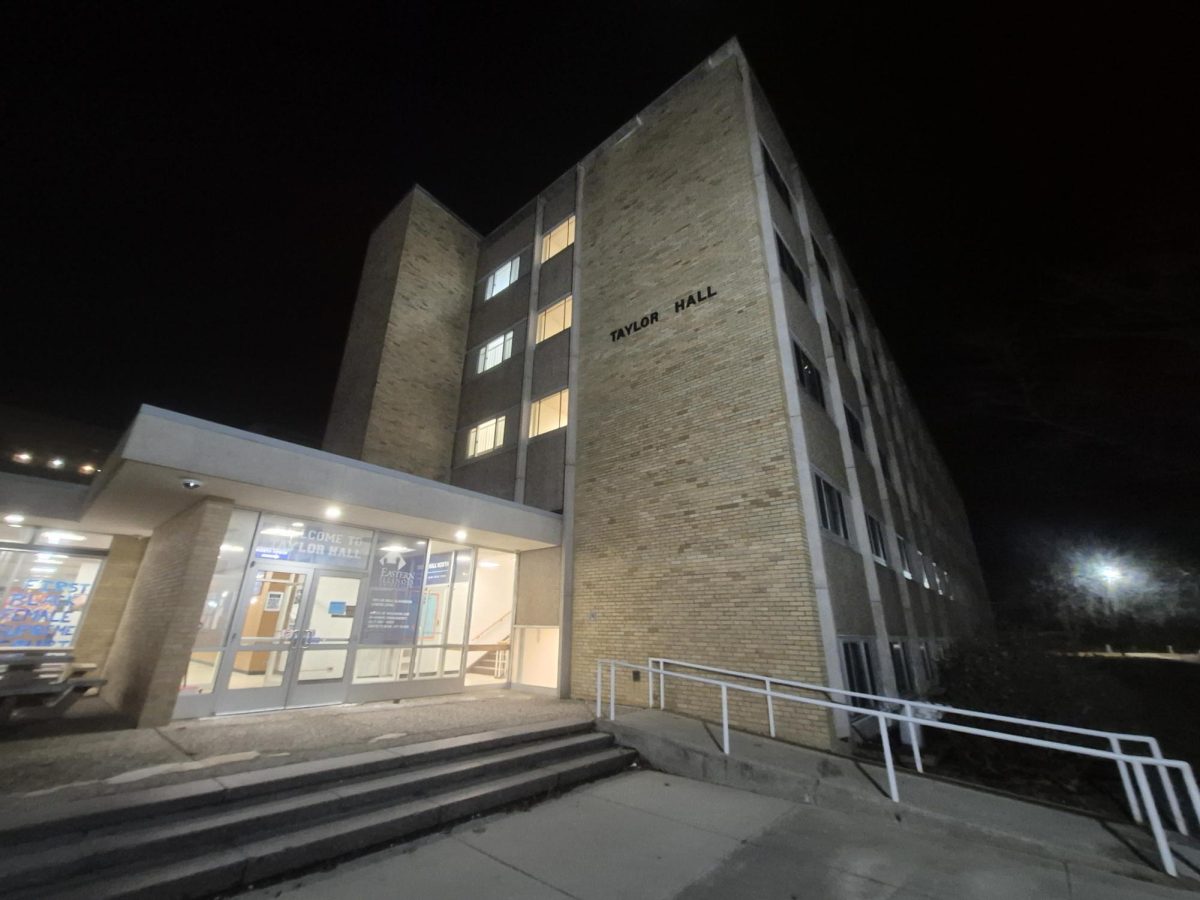


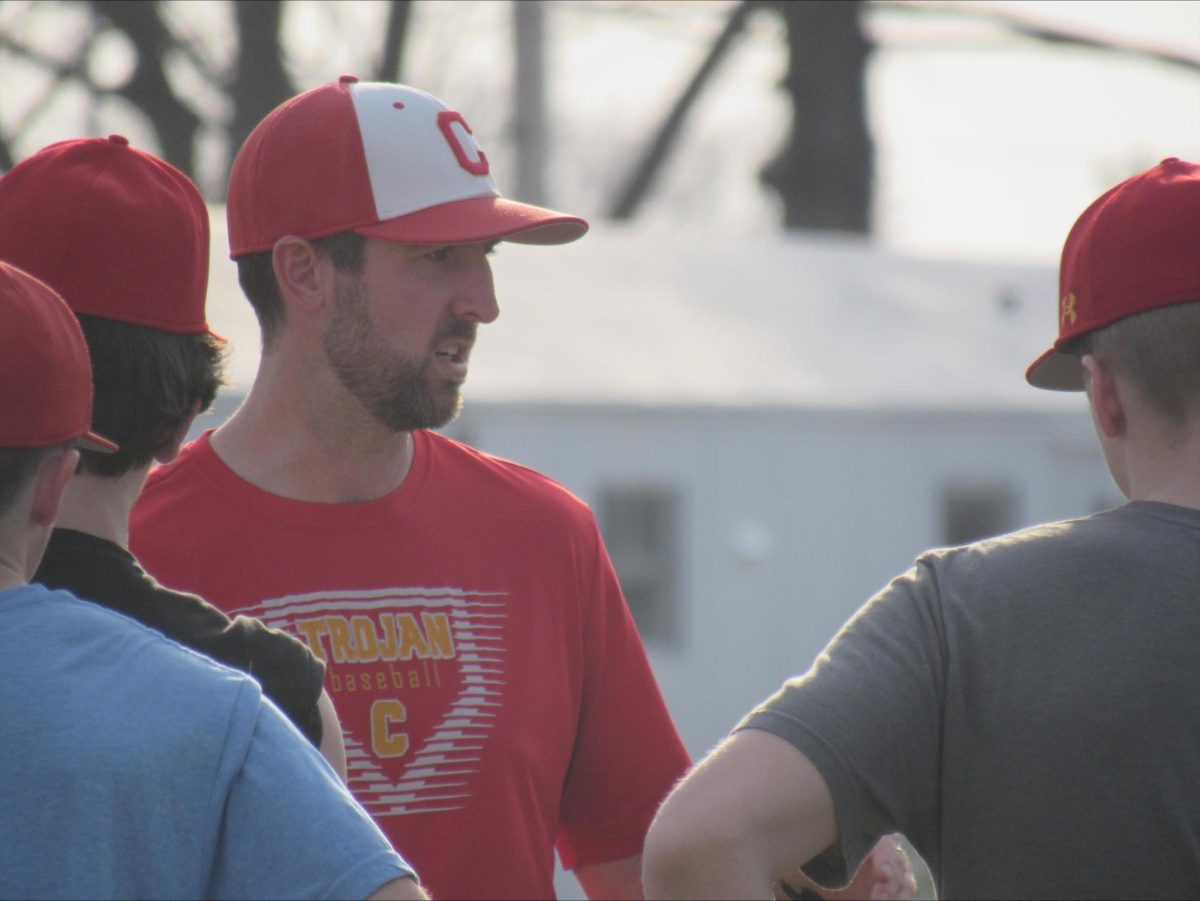
![[Thumbnail Edition] Eastern Illinois University baseball's hitting coach and recruiting coordinator Mike Pugliese urges players on the team to increase their effort after a slow start to its pregame routine at the team's first intrasquad scrimmage of the season at O'Brien Field on Jan. 31, 2025.](https://www.dailyeasternnews.com/wp-content/uploads/2025/03/BB_02_O-1-e1741909628540-1200x702.jpg)
![[Thumbnail Edition] Senior tennis player Luisa Renovales Salazar hits the tennis ball with her racket at the Darling Courts at the Eastern Illinois University campus in Charleston, ILL.](https://www.dailyeasternnews.com/wp-content/uploads/2025/03/Tennis_01_O-1-e1741807434552-1200x670.jpg)
![[Thumbnail Edition] Senior right-handed pitcher Tyler Conklin pitching in the Eastern Illinois University baseball team's intrasquad scrimmage at O'Brien Field in Charleston, Illinois on Jan. 31.](https://www.dailyeasternnews.com/wp-content/uploads/2025/03/TC_01_O-e1741567955534-1200x669.jpg)




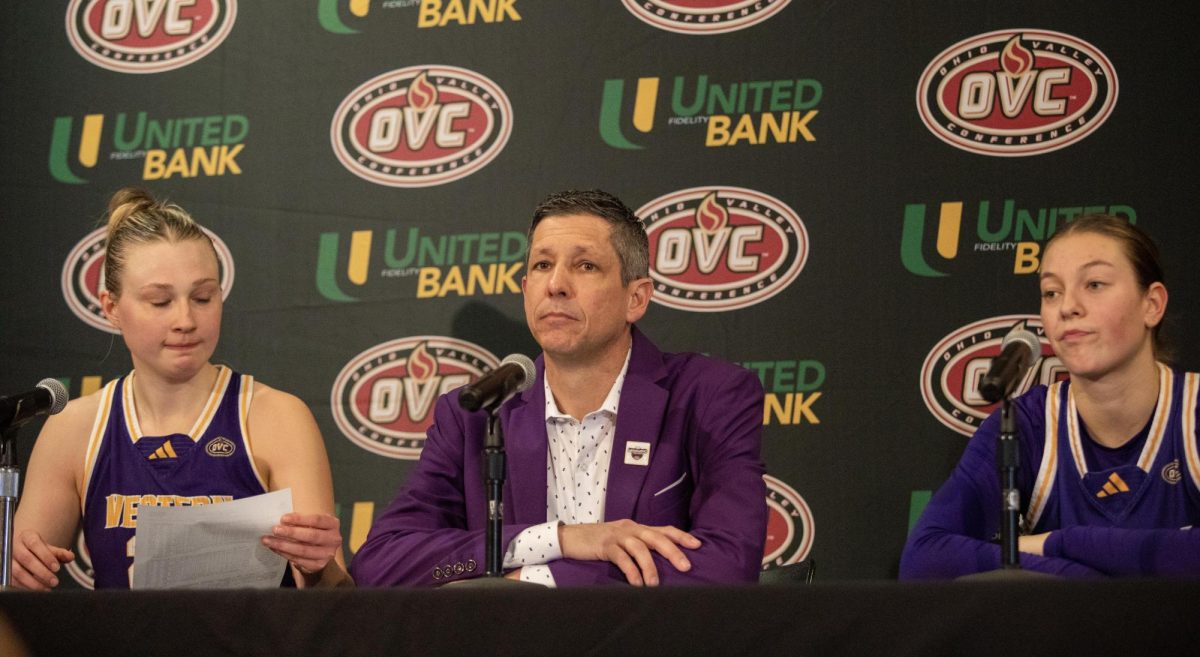
![[Thumbnail Edition] Senior, forward Macy McGlone finds an open teammate to pass the ball too during the game against the Tennessee State Tigers 69-49, in Groniger Arena on the Eastern Illinois University campus, Charleston Ill.](https://www.dailyeasternnews.com/wp-content/uploads/2025/03/WBB_02_O-1-e1741228987440-1200x692.jpg)


















![E[Thumbnail Edition] Eastern Illinois softball freshman utility player Abbi Hatton deciding to throw the softball to home plate in a fielding drill during softball practice at the field house in Groniger arena on Tuesday Feb. 11.](https://www.dailyeasternnews.com/wp-content/uploads/2025/03/SB_03_O-e1741208880750-1-e1741209739187-1200x815.jpg)

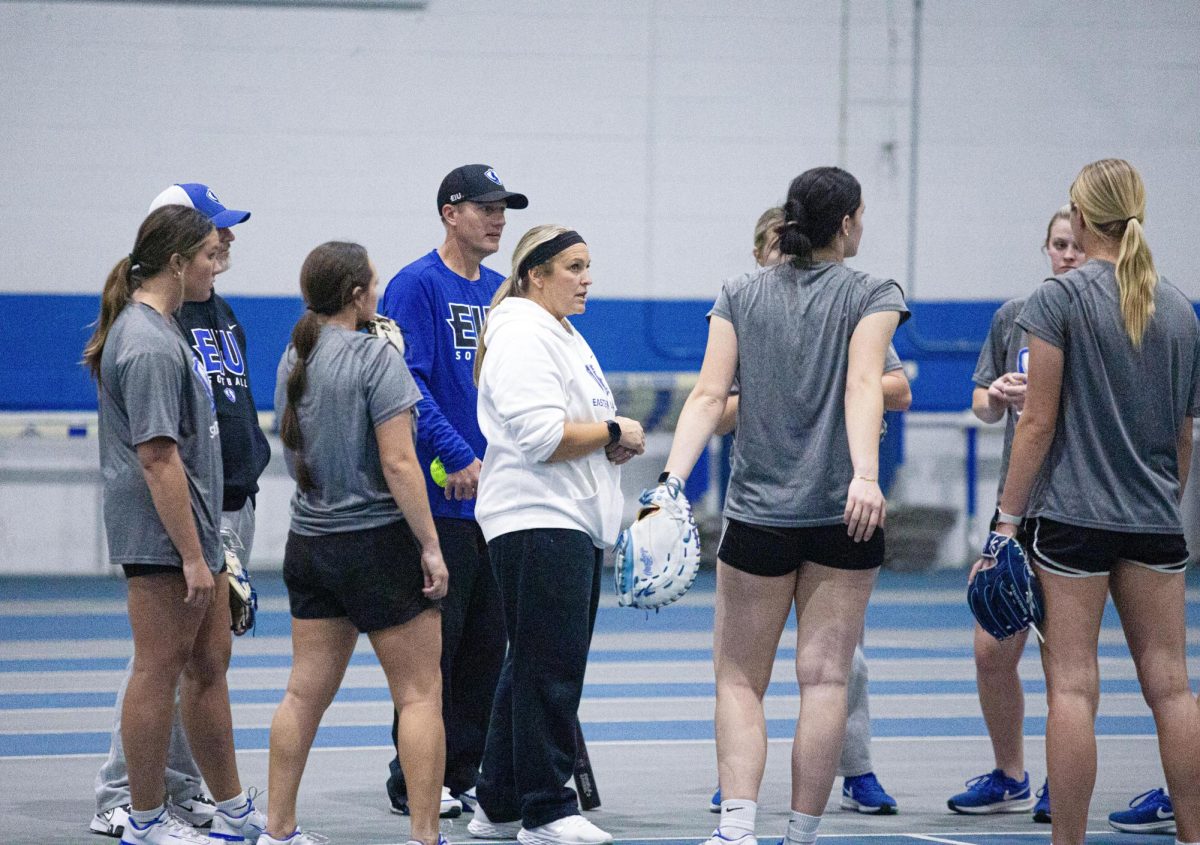













![The Weeklings lead guitarist John Merjave [Left] and guitarist Bob Burger [Right] perform "I Am the Walrus" at The Weeklings Beatles Bash concert in the Dvorak Concert Hall on Saturday.](https://www.dailyeasternnews.com/wp-content/uploads/2025/03/WL_01_O-1200x900.jpg)
![The team listens as its captain Patience Cox [Number 25] lectures to them about what's appropriate to talk about through practice during "The Wolves" on Thursday, March 6, in the Black Box Theatre in the Doudna Fine Arts Center in Charleston, Ill.](https://www.dailyeasternnews.com/wp-content/uploads/2025/03/WolvesPre-12-1200x800.jpg)










